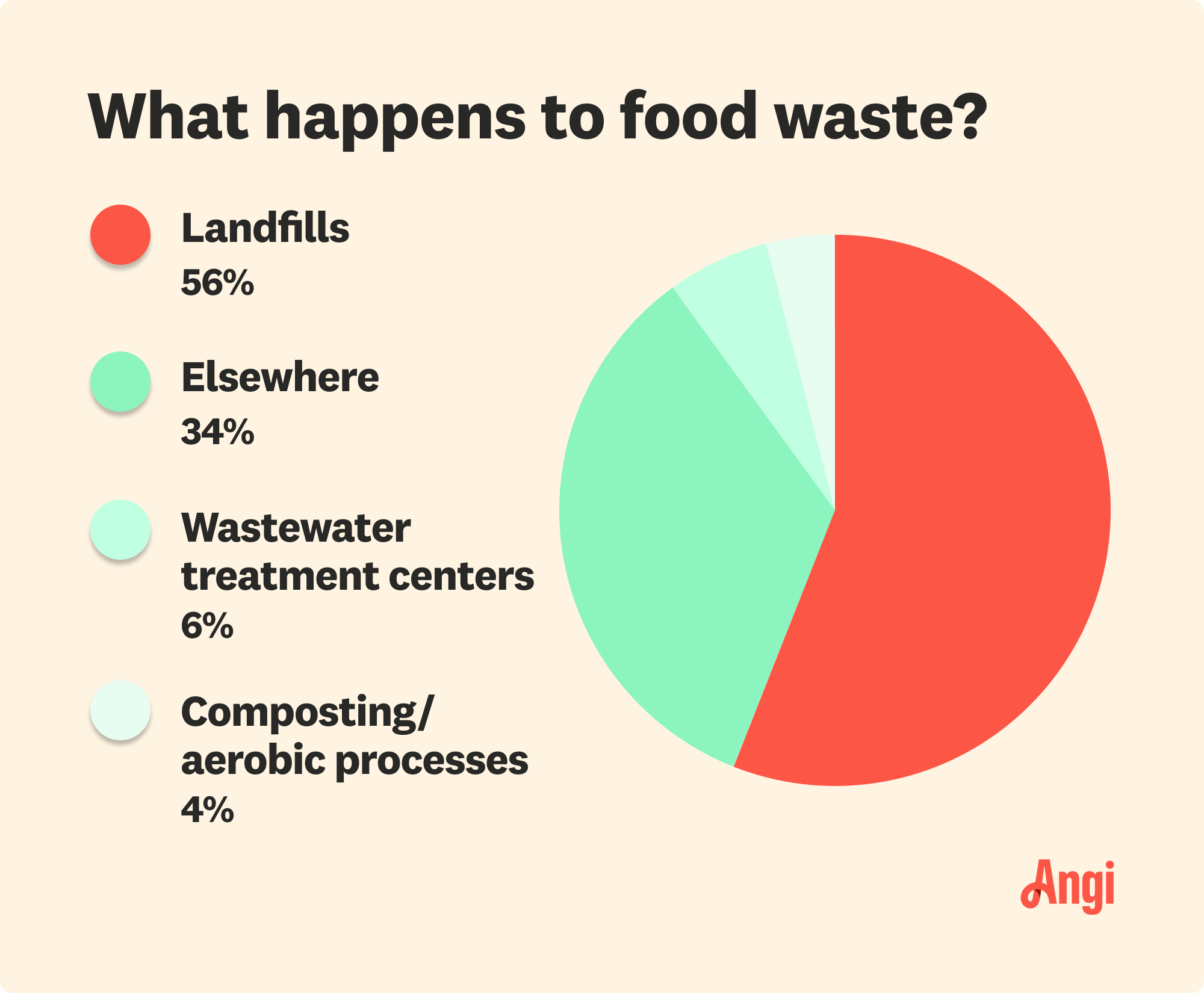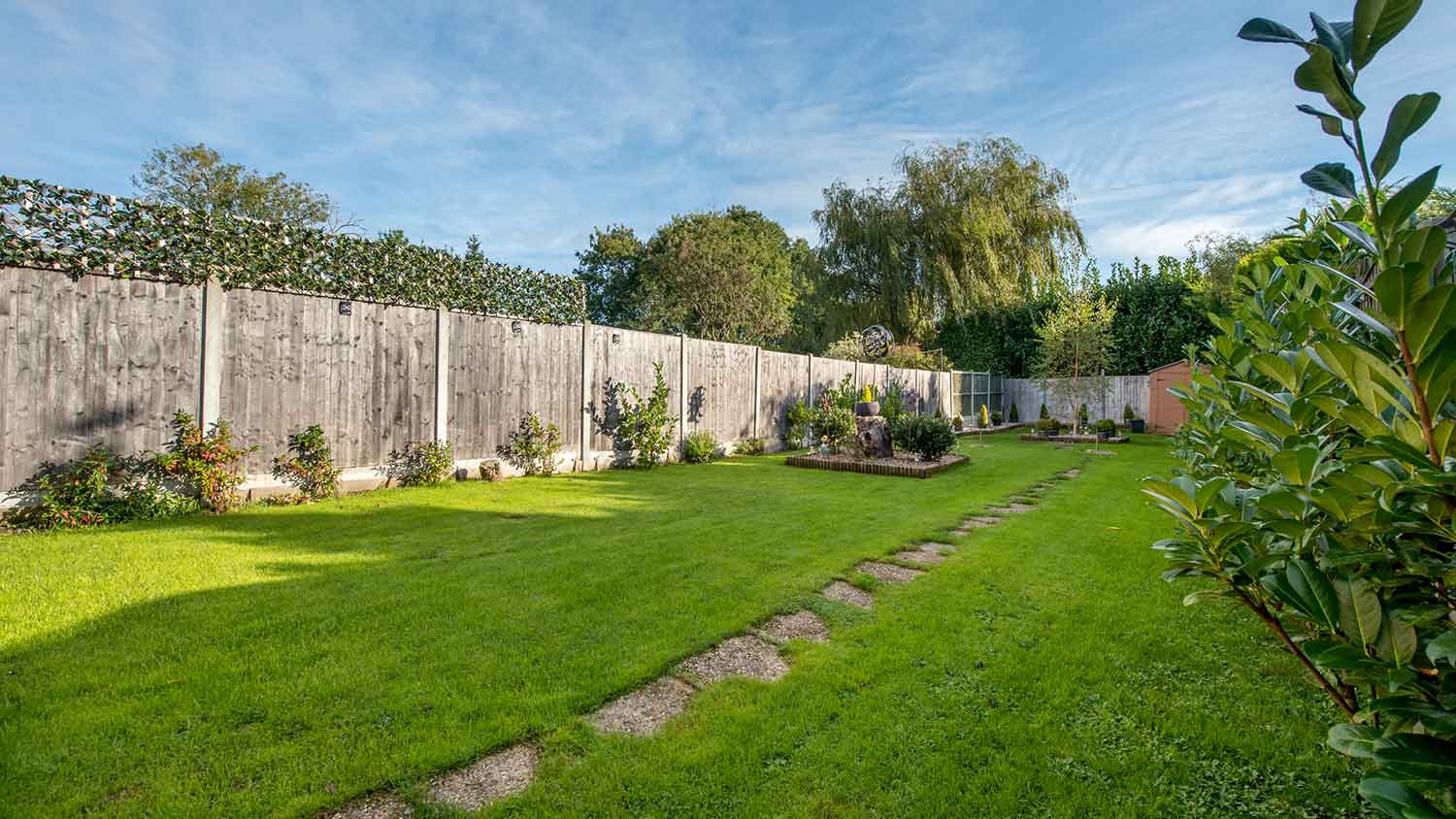13 Major Benefits of Composting: Environmental, Economic, and Social
Get your shovel ready because it’s time to dig into the perks of composting


Composting provides nutrients to the soil that support life.
Composting creates over three times as many jobs as the landfill and incineration sectors.
Global waste is predicted to grow to $375 billion a year by 2025.
Composting conserves water and energy resources.
Soil is everything when it comes to the plants growing in your garden, and composting is one way you can provide nutrient-rich food to your hungry garden beds. But the benefits of composting don’t just stop in the garden. Compost positively impacts the environment, the economy, and society, too. So the next time you’re in the garden pulling away at weeds to make room for your latest plants, consider these 13 ways compost makes the world a better place.
What Is Composting?
Compost is manure made from the decomposition of organic materials. Microbes break down the contents of compost and turn the materials into a soil-enhancing mixture that nourishes plants, animals, and microorganisms. One type of composting, called vermicomposting, uses earthworms and microbes to speed up the decomposition process.
A few common types of organic waste for compost include:
Fruits
Vegetables
Coffee grounds
Eggshells
Grains
Select paper products
Yard clippings
When planting with compost, it’s often sprinkled on top of or mixed in with soil. Sometimes, various types of mulch are placed on top to protect the plants from sun exposure, water runoff and evaporation, and cold weather.
Environmental Benefits of Composting
Composting offers many benefits to the environment. Below are a few ways compost helps promote a good environment. 1. Decreases Waste
All those banana peels and coffee grounds are wasted when left in airtight trash bags in a dump site. By composting these and other common household foods, you can reduce the amount of waste that goes to sites, lower your plastic trash bag usage, and put those scraps to good use in your garden.
2. Conserves Water and Energy Resources
While climate zones where water is limited will benefit the most from this perk, water conservation helps maintain water levels in places that might not seem like they’re short on water. Composting offers a simple and organic way to conserve water. Since compost soaks up water more effectively than compacted soil or dense clay, it slowly distributes that water to nearby plants. In a way, composting is a water-bringer, delivering precious hydration to plants on hot or dry days.
On a similar note, it takes a lot of energy and gas to transport heavy, organic waste to dump sites. Reduce the number of waste materials entering the landfill by placing them in your compost bin to help conserve energy.
3. Promotes Healthy Soil
Once the waste composts, it starts to release nutrients and minerals like nitrogen, phosphorus, potassium, sulfur, calcium, zinc, magnesium, carbon, and iodine—to name a few. Additionally, compost helps regulate the pH level of your soil, retain moisture, and provide diversity to the soil it would otherwise lack without the friendly help of your kitchen scraps.
4. Promotes Life
All those added nutrients encourage microorganisms, worms, fungi, and more to grow, where they decompose and release additional nutrients into the soil. These nutrients help feed the plants in your yard, which produces even more nutrients that feed the microbes.
This cycle repeats and enriches the soil, plants, microorganisms, and other life-forms that depend on high-quality soil to thrive.
5. Improves Water Filtration
Flood zones and erosion are major problems in some regions. Compost helps combat these issues in a few ways. For one, compost helps promote plant growth. Plant roots stabilize soil, preventing loose particles from washing away in the rain. Compost also absorbs water, increases drainage, and is resistant to turf diseases that can deteriorate turf grasses and lead to poor water filtration.
6. Helps Keep Water Sources Clean
Think of compost as a giant, spongy filter that catches little particles and strains water through the ground. Since compost filters water and prevents runoff, it helps filter out pollutants like hard metal waste from entering water sources like oceans, lakes, and rivers, too.
Economic Benefits of Composting

The benefits of composting don’t stop at the environmental level. Composting helps promote a healthy economy in a handful of ways.
7. Reduces Garbage Transportation and Disposal
Again, composting lowers the need for waste transportation, helping to conserve energy. At the same time, this decrease in waste helps lower landfill costs. To be blunt, trash is downright expensive. The U.S. Environmental Protection Agency (EPA) states that global waste is expected to grow from $205 billion per year in 2010 to $375 billion annually by 2025. Composting can help decrease those costs, allowing the government to spend money on other programs.
8. Repurposes Food Waste
A 2018 Wasted Food Report from the EPA’s Office of Resource Conservation and Recovery shows that 4% of food waste is composted compared to 56% that ends up in a landfill. That’s a lot of food going to the dumps! On top of that, the average residential home generates around 340 pounds of food waste per year.
Retail and consumer stats paint an even worse picture when it comes to where our food goes: the U.S. Department of Agriculture estimates that 30% to 40% of food in the food supply is wasted per year. Composting is a cash cow that can turn that waste into a resource that helps generate more food through enriched soil.
9. Creates Employment Opportunities
This may come as a surprise, but a recent report from GAIA, an organization dedicated to environmental justice, suggests that composting yields more than three times the number of jobs as traditional landfill or incineration ones. Meanwhile, waste management strategies create more than 200 times the number of jobs as landfills and incinerators.
10. Helps With Crop Production and Quality
With improved soil quality comes tastier fresh produce. Composting food waste rather than tossing it in a bin never to be seen again will ultimately give farmers and small-scale gardeners healthier fruits and veggies. Grazing animals will also consume more nutrient-rich grass and other plants if compost is added to the soil, increasing the health of free-range chickens, cows, pigs, and other animals.
According to the EPA, compost also has a knack for suppressing diseases, helping to decrease the need for pesticides and inorganic fertilizers. Just like how compost helps prevent pathogens that cause disease in plants, it also helps destroy pathogens found in poultry.
Social Benefits of Composting
On top of all the environmental and economic pros to composting, making the move to compost offers many social benefits that enrich communities. Here are a few key ways composting benefits the community.
11. Encourages Local Involvement
From universities to elementary schools to community gardens, all it takes is just one person or organization to start a change within the community. Starting a composting project at the local level can encourage entire cities to get on board with sustainable choices that better the environment, the economy, and society.
12. Improves Community Landscaping
Parks, garden beds, and landscaping all benefit from compost, helping to make communities more vibrant and beautiful. Not to mention, according to the EPA, all the extra plants boost oxygen levels and reduce heat islands in urban locations, which help offset peak summer temperatures.
13. Promotes Sustainability Initiatives
By increasing composting locally, this momentum can help encourage other environmentally friendly practices like recycling initiatives, attracting local stakeholders, and creating events dedicated to making cities more green-friendly.





- Indoor Worm Composting 101: How to Create and Maintain a Bin
- 5 Waste Disposal Methods
- How to Remove Yard Waste: 3 Methods to Keep Your Yard Tidy
- 10 Florida-Friendly Landscaping Tips
- How to Get Rid of the Trash and Junk Accumulating in Your Home
- How to Reduce Household Waste for a Cleaner Home and Mind
- How to Spruce Up Your Existing Garden by Adding New Plants
- How to Grow a Healthy Garden: 8 Tips to Get the Lushest Backyard on the Block
- 8 of the Best Types of Soil for Growing Plants
- Take Up Home Gardening This Year With Our Ultimate Introduction Guide










